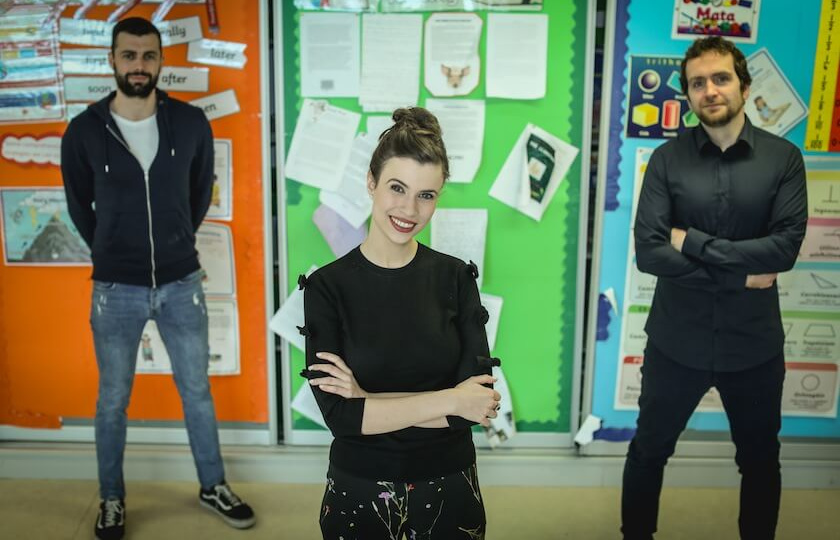Covid-19 Pandemic
The Covid-19 pandemic began in March and the College closed its doors along with the rest of the country.

On 13 March 2020, in accordance with Government announcements, the physical MIC campuses at Limerick and Thurles closed due to the COVID-19 pandemic. Programme delivery for all undergraduate and postgraduate programmes went online and staff worked from home in accordance with Government advice.
A COVID-19 Response Plan was approved by Senior Management in February 2020 and a COVID-19 Response Group consisting of members of the Executive Team, other senior line managers and representatives of MISU was appointed. This Group identified key areas that needed to be addressed to ensure the continuity of college operations.
Given the scale and extent of uncertainty facing the entire HEI system, MIC endeavoured to formulate a response that maintained the academic integrity of our programmes. Integral to this was the aim that MIC students would be able to undertake assessments and complete their studies in a timely manner and progress to the next academic year or graduation.
This response was governed by two key elements, flexibility on the part of staff and students in meeting the challenges presented by the crisis and compassion in recognising and responding to the particular difficulties being faced by all members of the MIC community as we navigated our way through the pandemic.
Despite the pandemic, 2020 was a year in which a number of high-profile fora, symposia and conferences took place, each contributing to MIC’s vision of being an institution that offers higher level learning opportunities and research of outstanding quality. These events furthered MIC’s objective to be recognised and appreciated for making an essential contribution to the continuum of academic provision in effective and productive collaboration with its partners in the Higher Education Sector.
Once such project was RTÉ’s ‘Home School Hub’ which saw Prof. Emer Ring, Dean of Education at MIC, collaborating with the programmes’ teacher-presenters in the preparation of daily curriculum-based lesson plans. The programme proved hugely successful with primary-aged school children and their parents alike who were able to avail of a daily virtual classroom in the absence of being able to attend their physical classroom during the various COVID lockdowns.




